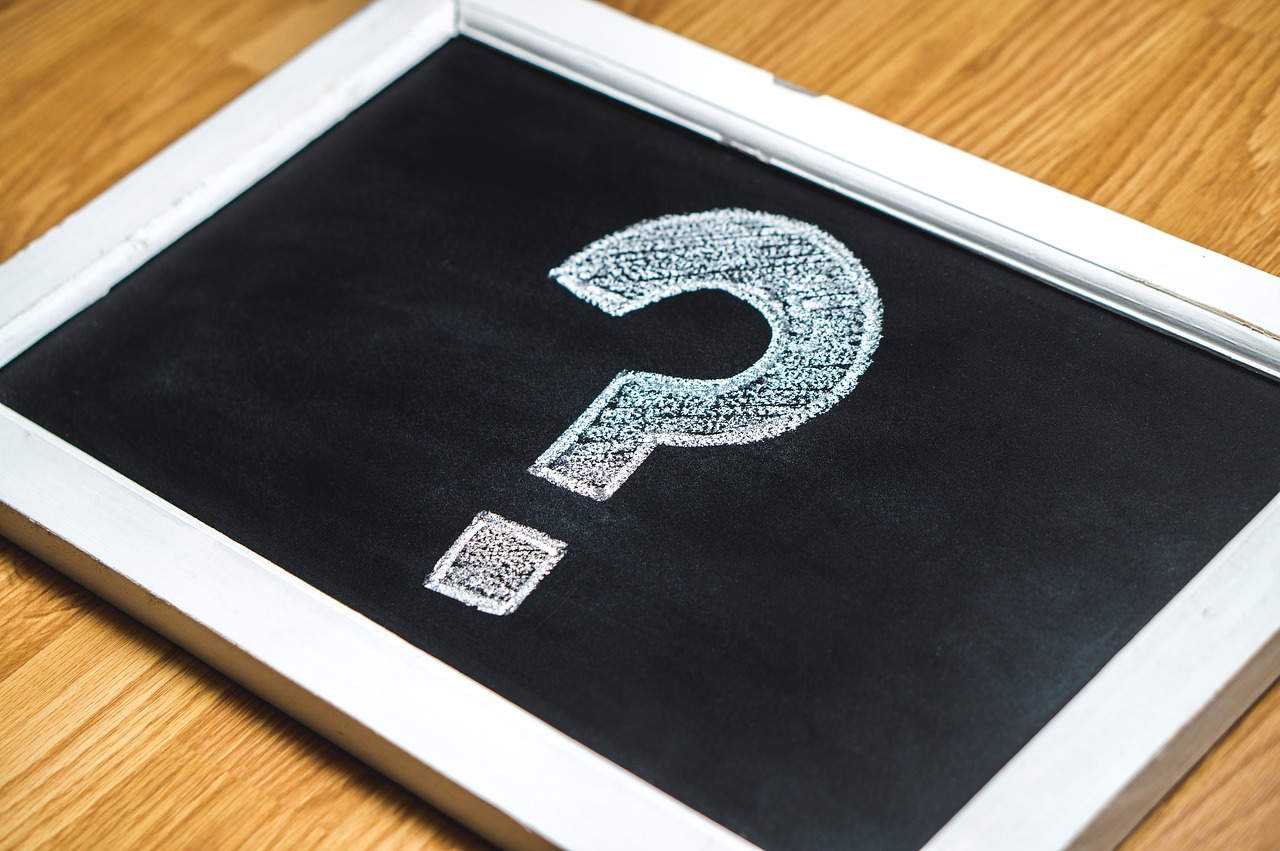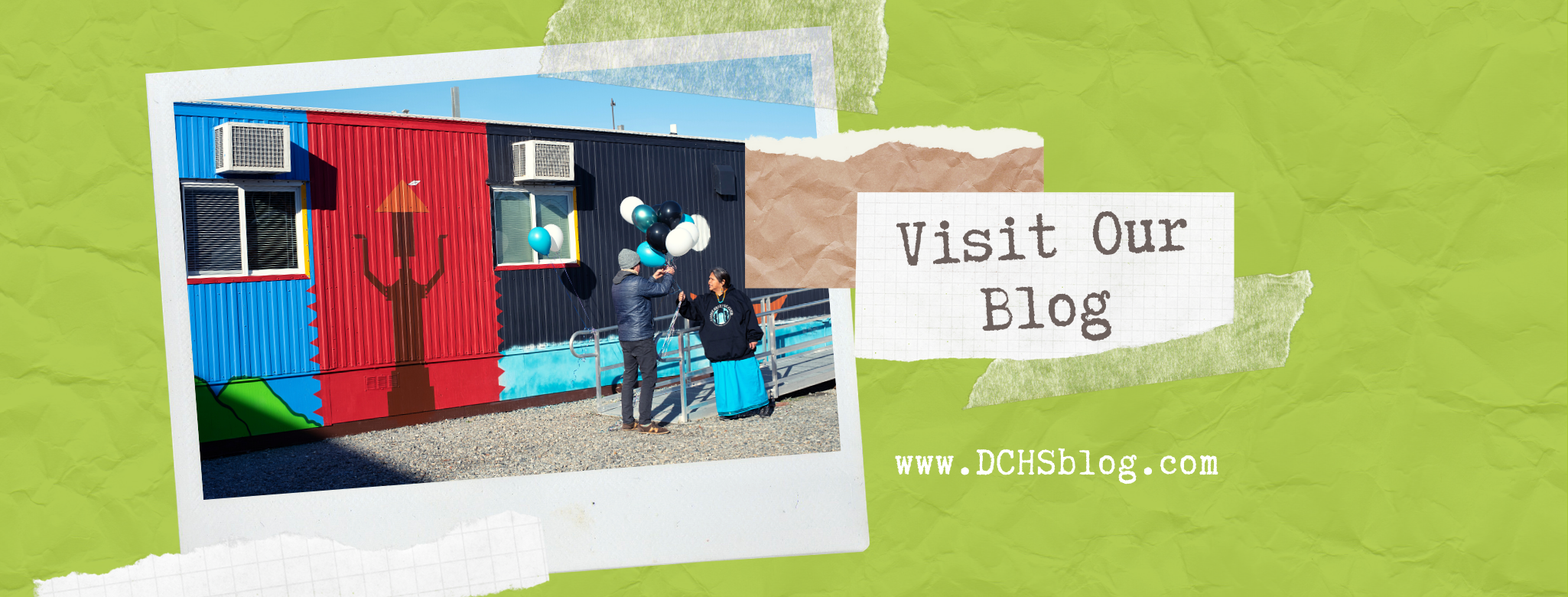FAQs about Mental Health Services
Behavioral Health and Recovery Division

What should I do in a mental health crisis?
Call 911 for police assistance if the situation is life threatening or if it looks like someone may get hurt.
If there is no immediate physical danger, call Crisis Connections at 206-461-3222 or 1-866-427-4747, or visit www.CrisisConnections.org.
Learn more about about our Crisis Services.
About Joel's Law
Additional Resources
Frequently Asked Questions
What types of mental health services does King County offer?
Does mental health treatment work?
YES! Treatment works. The best treatments for serious mental illnesses today are highly effective. Between 70 and 90 percent of individuals have a significant reduction of symptoms and improved quality of life with a combination of medicine and psychosocial treatment and supports.
For children and adolescents, research shows improved functioning and school performance, improved quality of life, and reduction in violence and self-destructive behaviors.
Treatment also decreases recidivism rates for adults and juveniles previously incarcerated in correctional facilities.
Where can I get information/education about mental illness?
See Mental Health Information and Know Your Illness. (Includes information on specific mental illnesses/treatments for specific age groups and myths about mental illness.)
What do I do if I have a complaint about King County Mental Health Plan services?
See Ombuds or Client Services. Please also refer to the BH-ASO Grievance & Appeal Process for more information.
How can I get help with housing?
Mental health case managers often help their clients work on housing issues. Some mental health agencies have specialized housing available for their clients who may find it useful for a time to live in a place where mental health help is quite close. See housing.
How can I get mental health services for my foster child?
Any child placed by the State of Washington Department of Social and Health Services (DSHS) within the Department of Child and Family Services (DCFS) can enroll or continue to receive services from any of our child and family service providers.
How can I get help for an eating disorder?
A good place to start is by talking to your medical doctor and your mental health provider, if you have one. They may be able to offer help for eating problems within the care they provide. You may also call King County Behavioral Health Client Services at 1-800-790-8049.
I (or my family members) speak limited English. Are translation services available?
All agencies offer language translation services, including services for deaf and hard of hearing clients. Translation services are available upon request at no charge to you. If you need an interpreter, please ask your agency to provide one for you.
If you would like to contact King County Behavioral Health by phone and you need interpretation services, call the CTS Language Link (Merino Interpretation) toll free at 1-800-208-2620 or 24-hour hotline at 1-800-798-5144. The agency will call us with you on the line and provide interpreter services at no cost to you.
Do mental health providers respect cultural differences?
Respect for cultural differences is a value of King County Mental Health. Many community mental health centers have staff who speak other languages besides English. Some agencies also provide services specifically for certain populations. All agencies are required to seek help from cultural experts in order to better understand your culture and provide services that are culturally appropriate.
If you would like services specific to your culture, call the Client Services line for a referral to an agency that can best meet your needs.

 Translate
Translate
